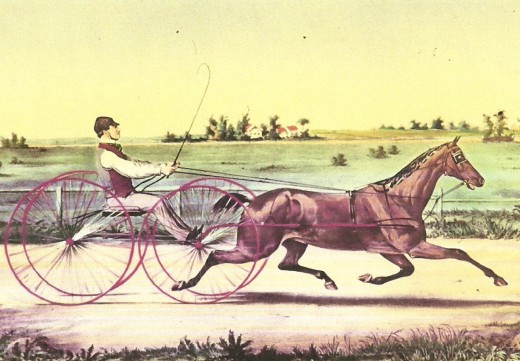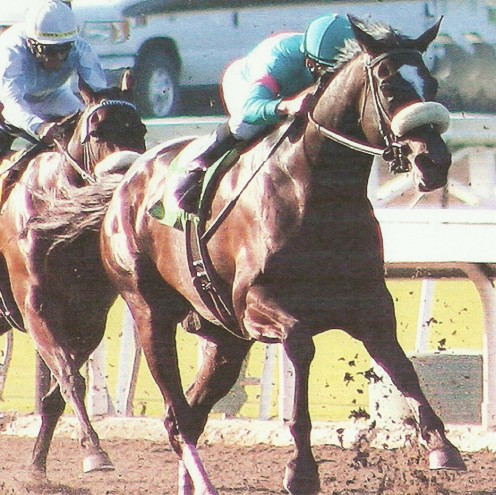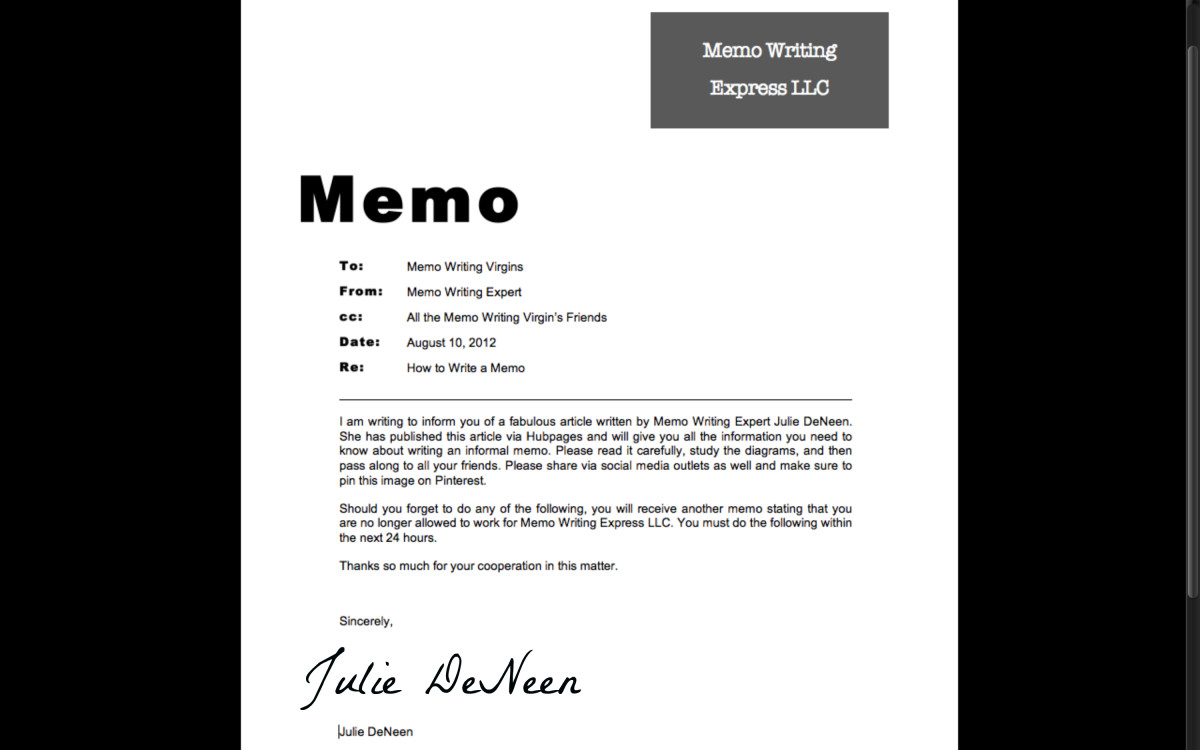Accuracy and Writing What You Know About

Research Before Writing
Write what you know about, writers are told from day one in their schooling on putting words to paper. But regardless of what a writer knows, researching his subject matter is essential to good writing. Even if the writer can rattle off facts and figures on his subject without blinking an eye, research is the backbone of his finished work.
Internet writing sites full of misinformation and statements of facts that are actually incorrectly given lead to confusion and outright misrepresentation. The thoughtful writer who lives to put information on paper, or to use the keyboard to translate information onto the Internet, should never fall victim to this mistake.
Informational writing sites like Hubpages generally provide an editing tool with which a writer can correct any mistakes he makes in the heat of writing. He should be careful to reread his material to correct misspelled words, or to rearrange awkward sentences because the ability to do so is provided to him. That function includes correcting factual mistakes that later may be discovered in his article.


The Readers and Mistakes
Readers of all sorts will immediately jump on factual mistakes in articles, books, pamphlets, or any other vehicle of the written word. Getting the facts straight is essential for all writers. No matter how well written a piece is, skewered facts will cause the article to blow up in the face of credibility as far as readers are concerned. Readers are unrelenting in this type of observation.
Internet writers, and all writers, must be aware that what they present in writing is taken as the truth. Therefore, a writer's knowledge and his research go hand-in-hand to present material that is factually correct. That is the writer's obligation in article writing.
Examples of Internet writing mistakes in Thoroughbred horse racing articles:
Seabiscuit was one of the top three racehorses to ever run in America. ?? Correction: Man o' War, Secretariat, and Citation are the top three rated racehorses in America. Seabiscuit is rated 25th by expert racehorse writers who cover the Sport of Kings. Seabiscuit, however, was one of the most popular racehorses of his time.
Man O' War...?? Correction: Man o' War, short for Man of War, was his registered name.
The Kentucky Derby is run for two minutes and is the fastest two minutes in sports. ?? Correction: Three-year-old Thoroughbreds (male and female) exclusively run the (currently) 1-1/4 miles of the Kentucky Derby until they reach the finish line in whatever time it takes them. Only three racehorses in history have run the Derby in less than two minutes -- Secretariat (1973 winner, 1:59.40, the standing record for the race); Sham, whom Secretariat beat that day; and Monarchos (2001 winner, 1:59.97). The Kentucky Derby is considered by many to be the most exciting two minutes in sports because it takes Thoroughbreds around two minutes to perform the race.
Seabiscuit and his jockey George Woolf both recovered from leg injuries to win the "Hundred Grander". ?? Correction: Seabiscuit recovered from a suspensory ligament injury and regular jockey John "Red" Pollard recovered from a horrifically broken leg in the same time period to win the 1940 ('Hundred Grander') Santa Anita Handicap. George Woolf rode Seabiscuit throughout 1938, including in the famous match race with (4th) American Triple Crown winner War Admiral, when Pollard was out with other injuries.
What Is Significant About These Factual Mistakes?
What is significant about these factual mistakes in existing Internet articles is the fact that the actual facts are readily available in such resource material as the Thoroughbred Times Racing Almanac, Laura Hillenbrand's wonderfully researched book Seabiscuit An American Legend, the book Thoroughbred Champions Top 100 Racehorses of the 20th Century, and so many others. The TT Almanac alone is a categorized, statistical record of all things Thoroughbred racing that is a must resource for any writer who happily trots along the horse racing reporting path.
It's one thing to have the resources available. It's altogether another thing to make use of them. No one should completely trust his memory in such statistical writing as Thoroughbred racing, or baseball, or football. Every writer can improve his writing by taking advantage of the standard resources that exist for many different subjects.
The Great One -- Mark Twain
The Great One, Mark Twain, advised that a writer doesn't need to know everything, as long as he knows where to look for the information on the subject matter.
Any subject, sport, craft, or anything a writer has followed for a long period of time and about which he pens an article, is not always easily researched, but the resources to enhance his effort are usually to be found if he looks around. Even if Twain had his tongue in his cheek when he made his informational remark, he was, in fact, stating a writing truism.
Skimming across highlights that he may not remember correctly is no substitute for the writer gleaning the facts of the matter and presenting them conscientiously.
And adding the rich facts that surround any subject is what brings a writer's article to life.








